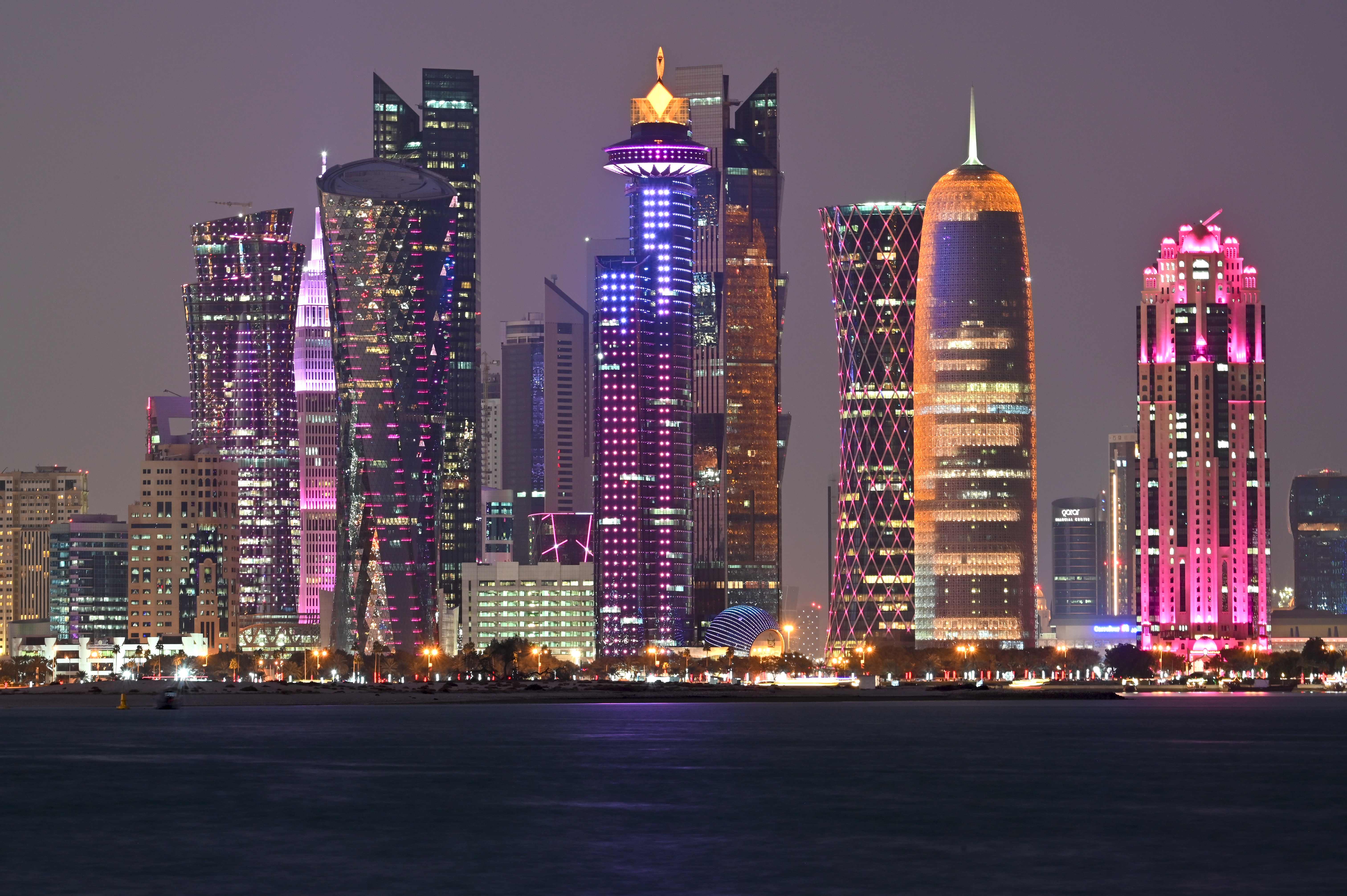Can Jared Kushner end the spat between Qatar and its neighbours in the Gulf?
If Kushner is successful in forging a solution to the crisis, at least between Saudi and Qatar, he will have to do it in a way which presents it as a win for all sides, writes David Harding


As Jared Kushner exits the world stage, he is making one last attempt to rescue his legacy – by ending the spat between Qatar and its neighbours.
Since 5 June 2017, the World Cup-hosting nation has been involved in an unseemly squabble with regional rivals, most specifically Saudi Arabia and the United Arab Emirates.
Since that date, Qatar's only land border – a non-descript strip of land bordering Saudi and largely used by camel farmers – has been closed and its national airline, Qatar Airways, unable to fly in the airspace of the Kingdom, nor the UAE’s and nearest neighbour Bahrain's.
The dispute has largely been forgotten about by the rest of the world, a pointless spat between a group of the world's richest and most secretive countries.
Qatar had long been a stone in the shoe of its much bigger and powerful regional neighbours with a foreign policy it forged itself, not merely copying Riyadh or Abu Dhabi, its support for the Muslim Brotherhood and successful delusions of grandeur, such as winning the rights to host the 2022 World Cup.
Although the blockade quickly settled into a state of fractious inertia, broken by moments of comedy – Qatar flew cows from Europe to help milk supplies; Saudi was said to be digging a huge canal on the border to physically separate itself from Qatar once and for all – as a reporter in Qatar at the time the blockade started, I can definitely say there was a sense of shock and fear in Doha in June 2017.
Shock from Qatar that countries it saw as “brotherly nations” could do such a thing, and fear that if worse came to the very worst, the two enormous nations next to Qatar might make the ultimate move and invade.
According to some reports, it was only the efforts of former US Secretary of State Rex Tillerson that stopped Saudi and the UAE invading a country where 10,000 US troops are stationed. Kushner's boss and father-in-law seemed apparently ambivalent at the time about stopping such action and appeared to back the blockade, so the latest moves suggest a change of heart in the Trump family, as well as the White House generally.
Yet, despite its size and relative weakness, if anyone has emerged with credit from the dispute it has been Qatar. It refused to bow to a list of 13 incredulous demands from the blockaders, including closing broadcaster Al Jazeera, has forged new trade links with countries while at the same time lessened its reliance on its big neighbours. At the same time, its emphasis on pointing to Saudi and UAE harming its human rights has helped push Qatar into announcing reforms, especially on badly treated construction workers, even if big problems remain.
Doha can never say it has won the dispute, though. It will always be dwarfed by two huge – and sometimes unpredictable – neighbours. And if Kushner is successful in forging a solution to the crisis, at least between Saudi and Qatar, he will have to do it in a way which presents it as a win for all sides, as well as himself. He has about 40 days left to make that happen.
Yours,
David Harding
Foreign editor
Join our commenting forum
Join thought-provoking conversations, follow other Independent readers and see their replies
Comments


Bookmark popover
Removed from bookmarks